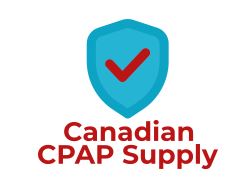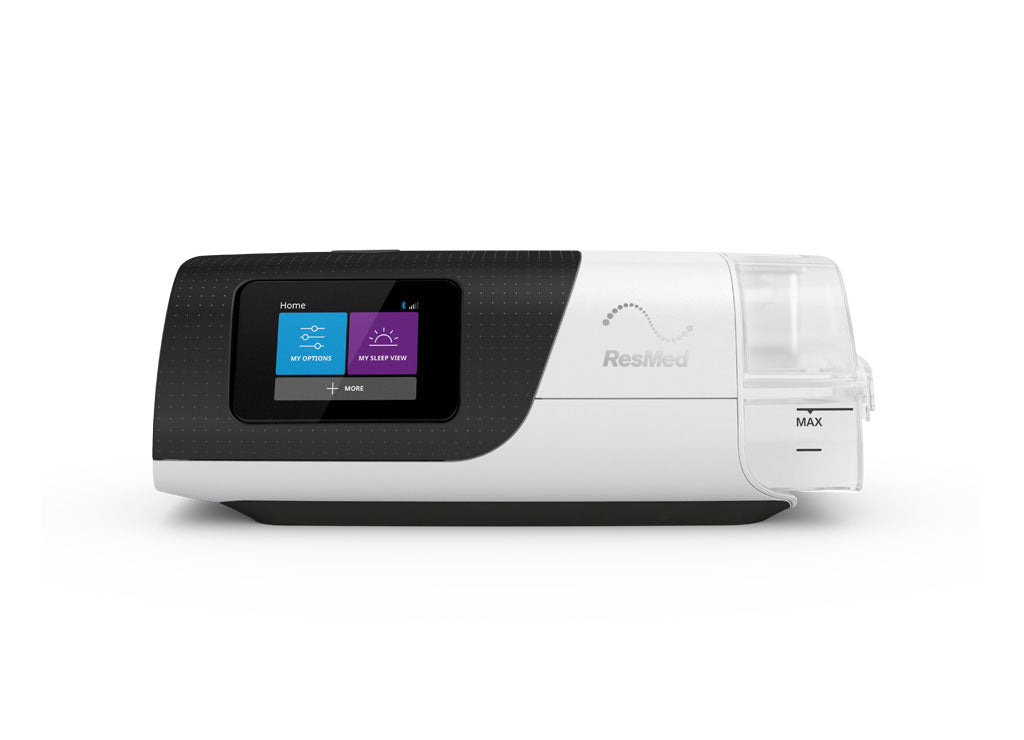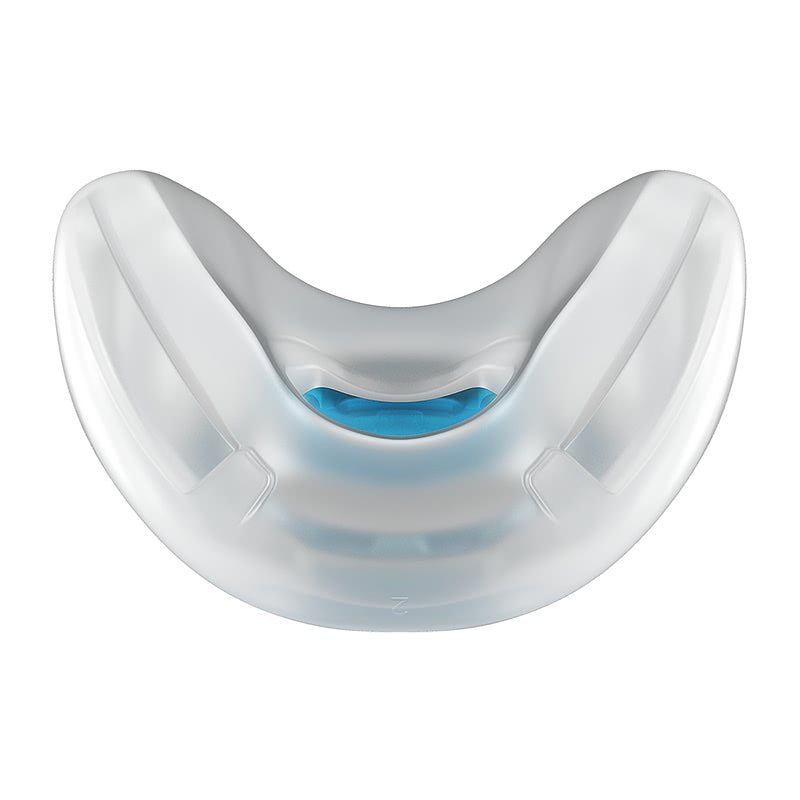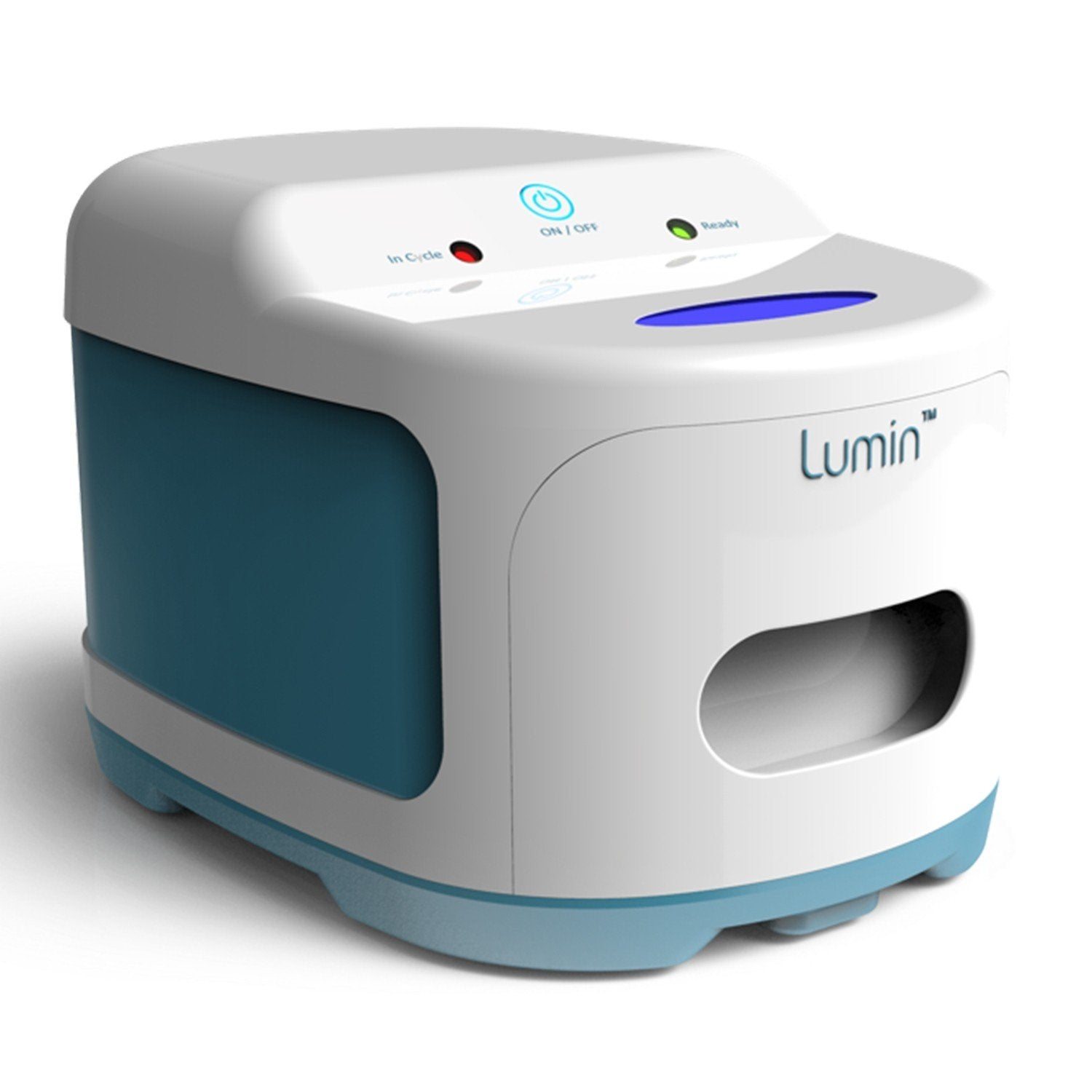
Are the Holidays Making Your Snoring and Sleep Apnea Worse? Tips to Manage Sleep Apnea This Holiday Season
Share
The holidays are just around the corner, and many of us are looking forward to those family reunions, thoughtful gifts, and great food. But if you’re a sleep apnea sufferer, the holidays can make this time of year particularly stressful due to seemingly worsening symptoms.
And you’re definitely not imagining this. It seems that sleep apnea really is more difficult to manage once the holidays roll around. You’re probably wondering why that’s so and what you could do about it. In this article, we’ll explain what research has to say about sleep apnea during the holidays and offer you tips to make the holidays less stressful for you and your bed partner.
Does Sleep Apnea Worsen During the Holidays?
In short, probably yes, and it may have a lot to do with the weather.
A study published inSleep & Breathing analyzed Internet search queries done over a 7-year period for the terms “snoring" and "sleep apnea." Statistical analysis showed that searches for these terms peaked in the winter and early spring, with the magnitude of seasonal differences ranging from 5 to 50%.
A different study collected a decade’s worth of data from over 7,000 sleep apnea patients who underwent a sleep study. It also analyzed climate and air pollution data from official organizations. The results showed that more sleep-disordered breathing events were recorded in winter than in other seasons. The researchers concluded that sleep apnea severity may be associated with seasonal changes.
Many other studies show similar findings, while those from Mediterranean climates have found only a small association between worsening sleep apnea and seasonal changes. Looking at the evidence we have so far, it’s safe to assume that yes, sleep apnea tends to worsen once the holidays roll around.
Reasons the Holidays Make Sleep Apnea Worse
You’ve noticed a pattern: every time the holidays roll around, you snore louder, wake up more tired than ever, and may even notice a spike in blood pressure. So, what is it about the colder months or the holidays specifically that makes sleep apnea worse? Here are a couple of possible reasons:
Alcohol consumption
There’s evidence that those who drink, drink more during the holiday season. The problem is that alcohol is a sedative that causes the muscles in your upper airways to relax more than usual. As a result, you have trouble breathing normally and may snore or even gasp for air through the night. In another word, alcohol makes you comatose.
So, reconsider the number of holiday toasts you will give his year. It’s ok to have a serving of wine or other alcoholic beverage during Christmas dinner. But avoid drinking more than the recommended amount so you and everyone around you can get enough rest this holiday season.
Weight gain
Research shows many adults gain 1 to 2 pounds between the last week of November and January. The holidays are all about food, after all, and frequent social gatherings mean more delicious foods to indulge in. Holiday food is usually denser in calories compared to your usual meals.
Besides that, many of us move less and sleep more during the holidays. Cold weather and shorter days lead to many choosing to stay indoors. And combined with a more carefree attitude, this is a recipe for weight gain. The problem with that is that weight gain is associated with worsening sleep apnea symptoms in part due to greater neck circumference.
Poor indoor air quality
Winter is one of the worst seasons when it comes to indoor air quality. More people huddling indoors and central heating can all increase air pollution and decrease air humidity. Carbon monoxide levels also increase, and studies have found a strong link between elevated carbon monoxide levels and worsening sleep apnea.
Poor air quality can irritate your upper airways and lungs. It can even lead to fluid accumulation in the lungs, which makes breathing harder and sleep apnea worse. The same holds true for those with simple snoring and even insomnia since air quality plays a big role in the quality of your sleep.
Colds and the flu
Cold and flu viruses spread more easily in cold weather, which is why winter is the peak season for upper respiratory infections (URIs). If you regularly have bouts of cold or flu during the holidays, this can also explain worsening snoring and apnea symptoms.
Upper respiratory infections cause irritation and inflammation of the upper airways, which can disrupt normal breathing. If you have a stuffy nose, for example, air won’t flow normally and becomes more turbulent. This, in turn, leads to snoring and even pauses in breathing. Older studies have even shown that healthy adults develop sleep apnea during URIs.
Stress
The holidays can be hectic and quite stressful. Organizing, traveling, socializing, sleeping less, and changes in routine can all increase mental and physical stress. Unmanaged stress is known to be a cause of many health problems, and it’s especially detrimental to sleep quality.
Stress can disrupt your sleep architecture and cause unrefreshing sleep. Because sleep apnea sufferers already sleep poorly, the sleep-disturbing effects of stress can make their symptoms worse.
Tips to Manage Sleep Apnea This Holiday Season
It’s important to make health your priority no matter the season. As a sleep apnea sufferer, this means managing your sleep apnea even with so much going on around you. So how exactly do you do that? These simple tips may help:
1. Limit alcohol
To avoid the harmful effects of alcohol, the 2020-2025 Dietary Guidelines for Americans recommends having 2 drinks or less in a day for men or 1 drink or less in a day for women. Because alcohol is a strong sedative, it’s best to avoid it completely. But since the holidays happen once a year, it’s ok to have a glass or two without it impacting your sleep apnea too much.
2. Keep portions small
To avoid taking in too many calories, keep your portions small and avoid overeating. You can also aim to eat more vegetable-based meals and limit starchy and fat-rich foods. And as far as dessert goes, the more you can say no to, the better.
3. It’s ok to nap
Napping is normally not recommended for sleep apnea sufferers because it can disrupt nighttime sleep. But because your schedule will likely be hectic, it’s better to cram in as much sleep as you can during a single day. And that can be much easier if you take naps when there’s an opportunity.
4. Bring an air humidifier
A simple and cost-effective way to improve indoor air quality is with an air humidifier. Winter air tends to be quite dry, and this is especially noticeable indoors and with central heating. An air humidifier can increase humidity levels to 40%, which is considered healthy. This will not only minimize irritation of the airways, but it can also relieve congestion caused by a cold or flu.
5. Bring your CPAP or alternative
Many CPAP machines come with portable batteries so you can use them even during long flights. But if you want to carry something easily portable and less cumbersome, then consider using an oral appliance like the Good Morning Snore Solution if you have mild or moderate sleep apnea or simple snoring. Make sure to speak to your doctor first to see if this is a viable alternative for when you can’t have access to your CPAP device.




